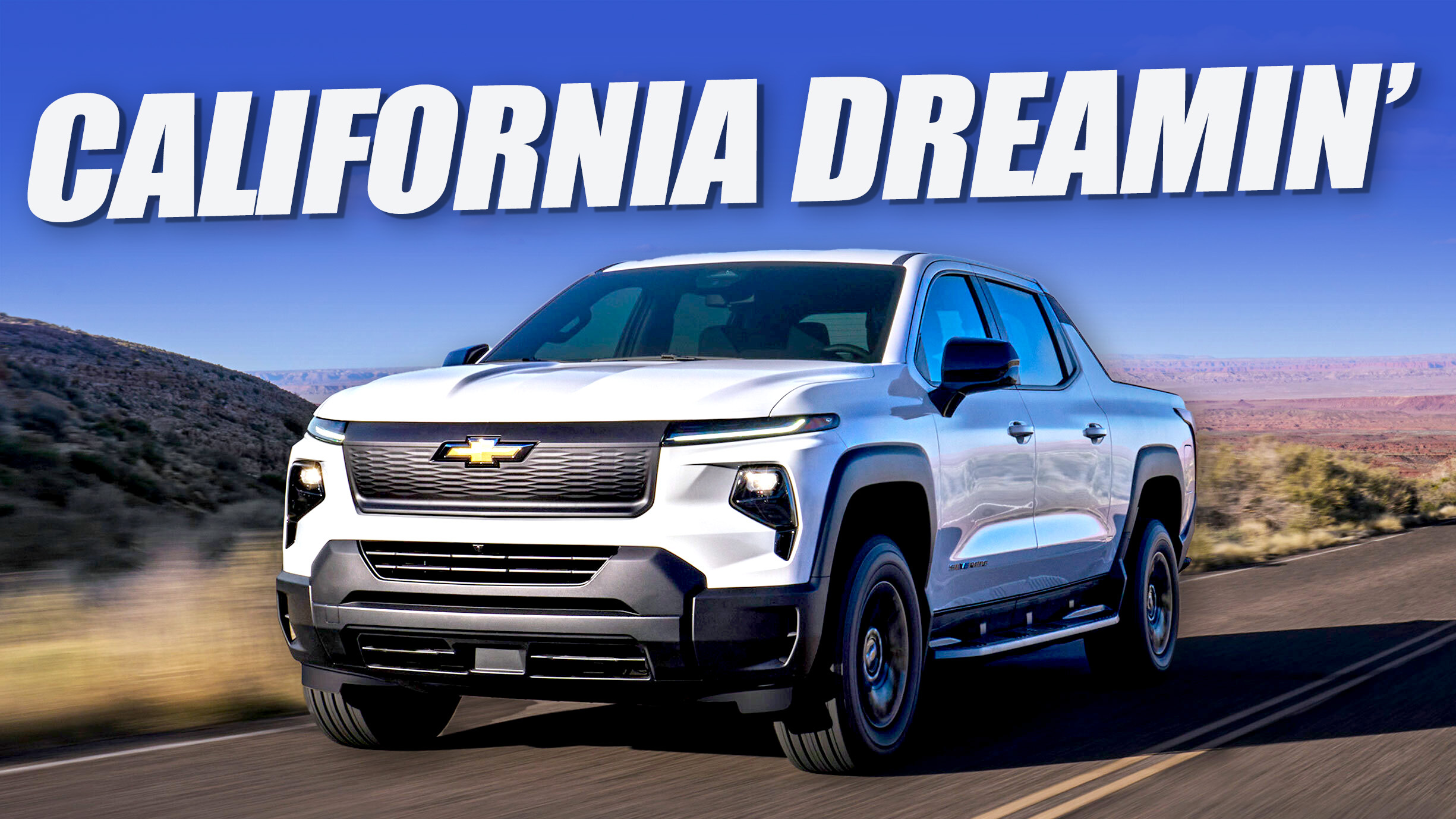Dealers Intensify Fight Against EV Mandate Requirements

Table of Contents
Financial Burden of EV Mandate Compliance
Meeting EV mandate requirements involves significant upfront costs that are straining dealership budgets. The high initial investment needed for EV infrastructure is a major concern. This includes the installation of expensive charging stations, the purchase of specialized tools for EV maintenance and repair, and the retraining of staff to handle the complexities of electric vehicle technology. Further adding to the financial pressure is the reality of reduced profit margins on EVs compared to their gasoline-powered counterparts.
- High initial investment: Setting up charging stations can cost tens of thousands of dollars, depending on the size and type of installation. Adding to this, training employees on EV technology and maintenance also represents a significant expense.
- Lower profit margins: Currently, the manufacturing costs of EVs are higher than those of gasoline cars, leading to lower profit margins for dealerships. This is exacerbated by the fact that sales volumes for EVs are still relatively low compared to traditional vehicles.
- Uncertainty about long-term consumer demand: Dealers are hesitant to invest heavily in EV infrastructure without a clear guarantee of sufficient consumer demand to justify the expense.
- Lack of government support: Many dealerships feel that government support and incentives for dealerships are insufficient to offset the high costs of transitioning to EVs.
Logistical Challenges in Meeting EV Mandate Targets
Beyond the financial burden, dealerships face numerous logistical obstacles in meeting EV mandate requirements. Managing inventory effectively poses a significant challenge. Showrooms, designed for gasoline vehicles, often lack the space to adequately display EVs and their charging infrastructure. Moreover, the need for specialized sales training adds another layer of complexity. Sales staff needs to be equipped with the knowledge to address consumer concerns about range anxiety, charging times, and the overall cost of ownership.
- Limited space for EV charging infrastructure: Integrating charging stations into existing dealerships often requires costly renovations or expansions.
- Challenges in training sales staff: Equipping salespeople with the expertise to effectively communicate the benefits and address the concerns surrounding EVs requires significant investment in training programs.
- Difficulties in managing EV battery warranties and replacements: Dealing with the complexities of EV battery warranties and replacements adds a new dimension to after-sales service and presents logistical and cost challenges.
- Concerns over reliability and range anxiety: Consumer concerns about the reliability of EVs and range anxiety remain significant hurdles that dealerships must address.
Dealers' Strategies to Counter EV Mandate Requirements
Faced with these challenges, dealerships are adopting various strategies to either adapt to or challenge the EV mandate requirements. This includes intense lobbying efforts to influence policymakers, pursuing legal challenges to contest the mandates' legality or practicality, and launching public relations campaigns to raise awareness about the difficulties they face. Some dealerships are also seeking alternative solutions and exploring collaborations with manufacturers to find ways to navigate this transition more effectively.
- Lobbying efforts: Many dealer associations are actively lobbying state and federal governments to modify or delay the mandates, citing the financial and logistical challenges.
- Legal challenges: Some dealerships are considering legal action, challenging the legality or practicality of the mandates, particularly in relation to the financial burden they impose.
- Public relations campaigns: Dealers are employing public relations strategies to highlight the challenges faced by dealerships and consumers, advocating for a more gradual transition to EVs.
- Seeking alternative solutions: Some dealerships are exploring alternative approaches, such as partnering with charging infrastructure providers or developing innovative business models to incorporate EVs more effectively.
The Role of Consumer Demand in the Debate
The success of the transition to EVs hinges significantly on consumer demand. While consumer interest in EVs is growing, several factors, including price, range anxiety, and the limited availability of charging infrastructure, continue to hinder widespread adoption. This directly impacts dealerships’ ability to meet EV mandate requirements profitably.
- Survey data on consumer EV adoption rates: Surveys consistently show that while interest in EVs is growing, the actual adoption rate remains relatively low compared to projections.
- Analysis of consumer preferences: Consumer preferences show a strong preference for certain vehicle types and features, and the current range of EVs available may not fully satisfy those preferences.
- Government incentives: The effectiveness of government incentives aimed at stimulating EV demand varies, with some proving more successful than others in overcoming consumer hesitancy.
Conclusion: Navigating the Future of EV Sales and the Dealer's Role
Dealerships are facing significant challenges in complying with EV mandate requirements, encompassing substantial financial burdens and logistical complexities. The strategies employed to counter these mandates highlight the industry's struggle to adapt to a rapidly changing market. Understanding the complexities of EV mandate requirements is crucial for both dealers and policymakers. Further discussion and collaboration are needed to find solutions that support a sustainable transition to electric vehicles while ensuring the viability of dealerships. A balanced approach that considers the economic realities of the transition is essential for a successful and equitable shift towards a greener automotive future.

Featured Posts
-
 Exclusive Preview Posters And Photos From John Travoltas High Rollers Action Movie
Apr 24, 2025
Exclusive Preview Posters And Photos From John Travoltas High Rollers Action Movie
Apr 24, 2025 -
 Trumps Assurance Powell Remains Fed Chair For Now
Apr 24, 2025
Trumps Assurance Powell Remains Fed Chair For Now
Apr 24, 2025 -
 Competing With Tik Tok Instagram Unveils Its Video Editing App
Apr 24, 2025
Competing With Tik Tok Instagram Unveils Its Video Editing App
Apr 24, 2025 -
 Alcons Stalking Horse Bid For Village Roadshow Approved At 417 5 Million
Apr 24, 2025
Alcons Stalking Horse Bid For Village Roadshow Approved At 417 5 Million
Apr 24, 2025 -
 New Memoir From Cassidy Hutchinson Key Witness At January 6th Hearings
Apr 24, 2025
New Memoir From Cassidy Hutchinson Key Witness At January 6th Hearings
Apr 24, 2025
